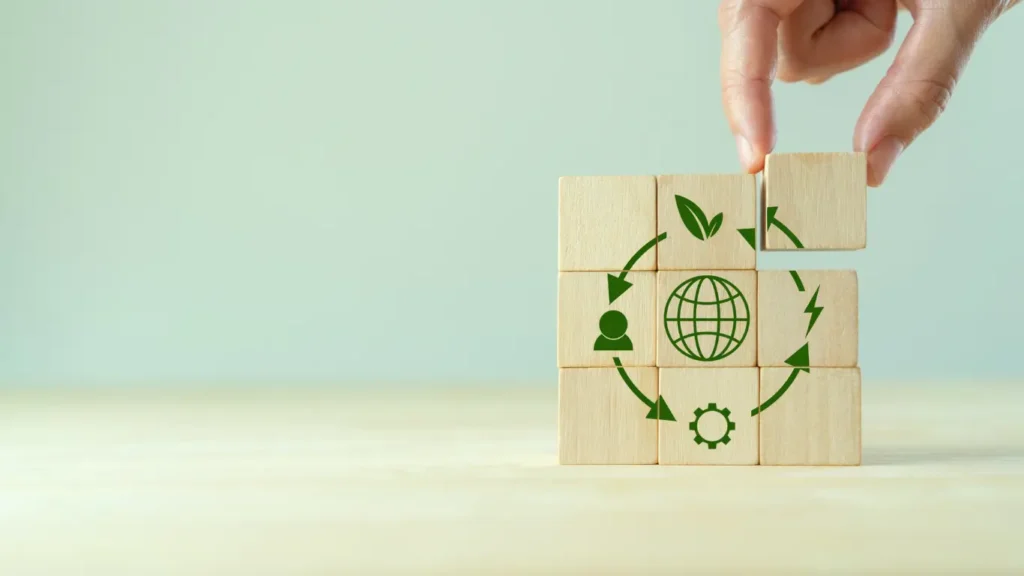In a world grappling with rising waste generation and environmental challenges, the concept of a circular economy has emerged as a transformative solution. Rather than the traditional linear approach of ‘take, make, dispose,’ the circular economy emphasizes reducing waste, reusing materials, and recycling resources to create a sustainable loop that benefits both the environment and the economy.
What is a Circular Economy?
A circular economy focuses on minimizing waste and maximizing resource efficiency by designing products and processes that keep materials in use for as long as possible. This model encourages rethinking how products are designed, manufactured, and consumed, ultimately reducing the strain on natural resources.
The Power of Circular Economy in Waste Management
By transforming waste into valuable resources, the circular economy addresses one of the most pressing global issues: waste pollution. Effective waste management strategies such as composting organic waste, recycling plastics and metals, and repurposing industrial by-products help minimize landfill usage and lower greenhouse gas emissions.
Benefits of a Circular Economy Approach
- Environmental Protection: Reducing waste and pollution protects ecosystems and conserves biodiversity.
- Economic Growth: Creating new markets for recycled materials and secondary raw materials boosts economic opportunities.
- Resource Conservation: Efficient use of materials reduces the depletion of finite natural resources.
How Detox Group Supports Circular Economy Practices
Detox Group actively contributes to the circular economy by implementing sustainable waste management practices such as:
- Industrial Waste Recycling: Recovering valuable materials from industrial waste to minimize landfill disposal.
- Municipal Solid Waste Management: Processing municipal waste through composting, recycling, and RDF generation.
- Common Utility Boilers: Using Refuse Derived Fuel (RDF) and recycled water for industrial steam generation, promoting a circular loop.
Conclusion
Embracing a circular economy is not just an environmental necessity but also an economic opportunity. By transforming waste into resources, businesses and communities can reduce their environmental impact while driving innovation and growth. Detox Group remains committed to leading the way in sustainable waste management and circular economy practices for a greener future.
